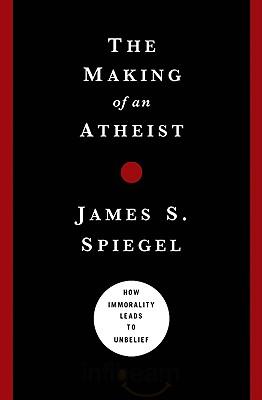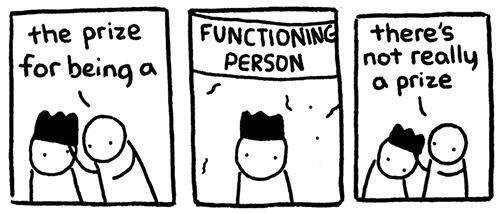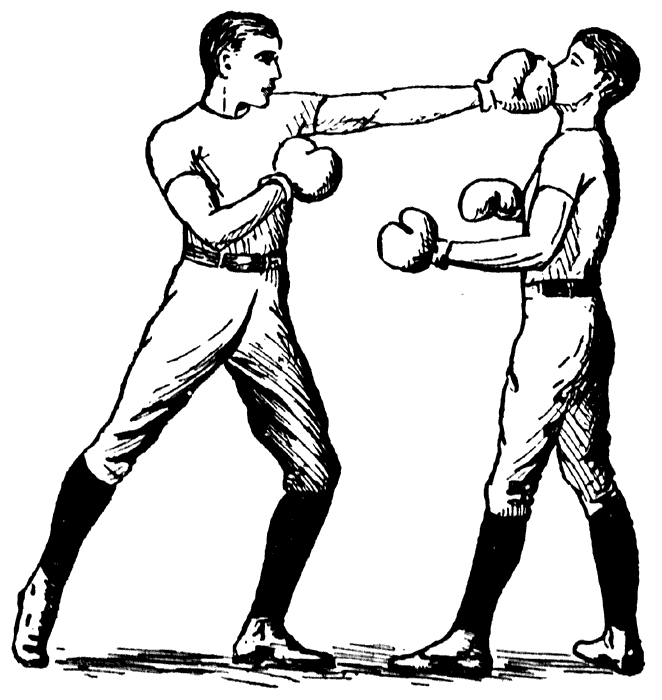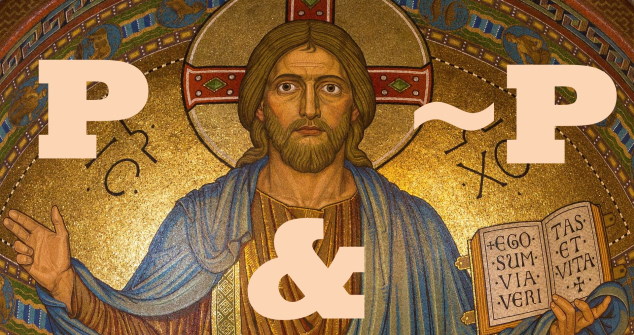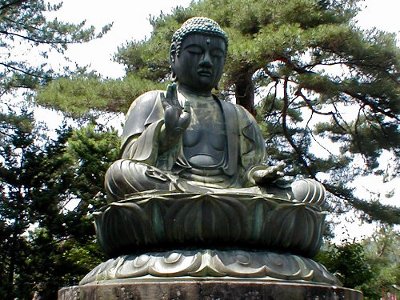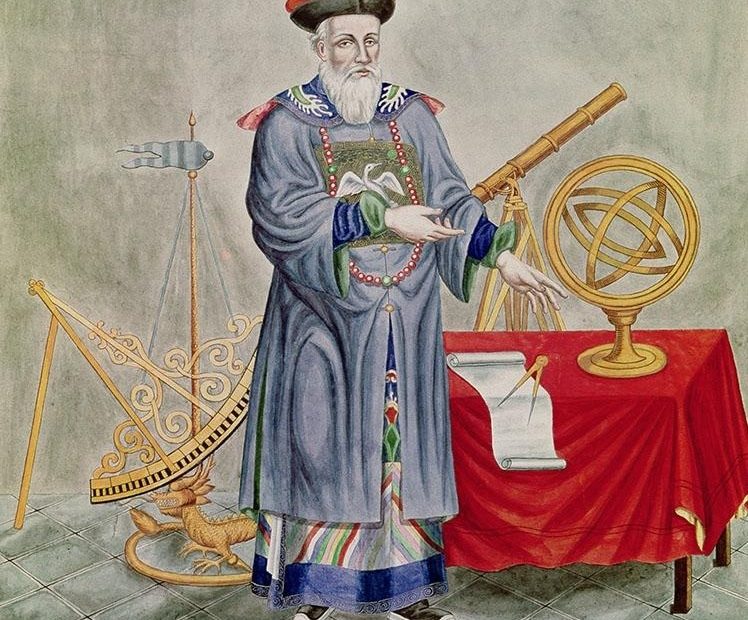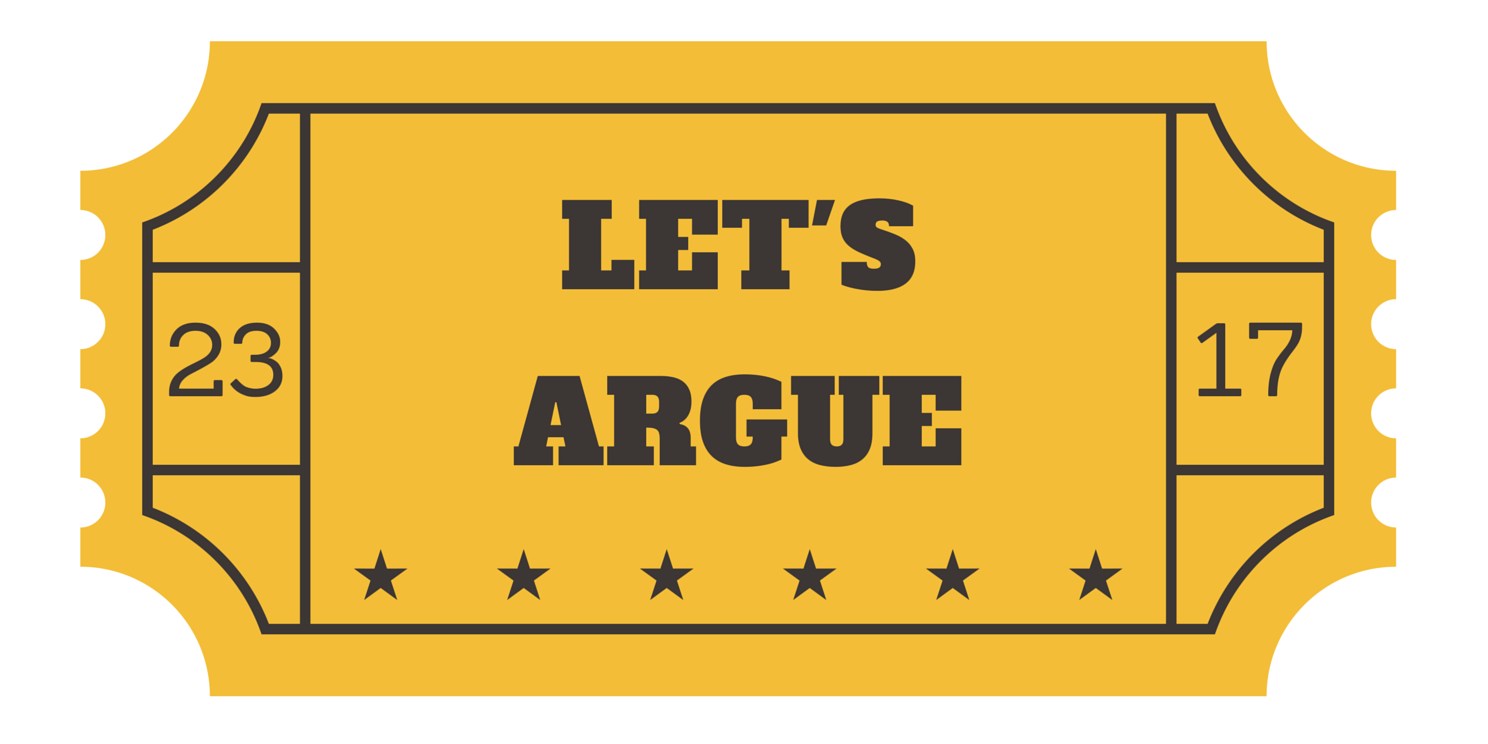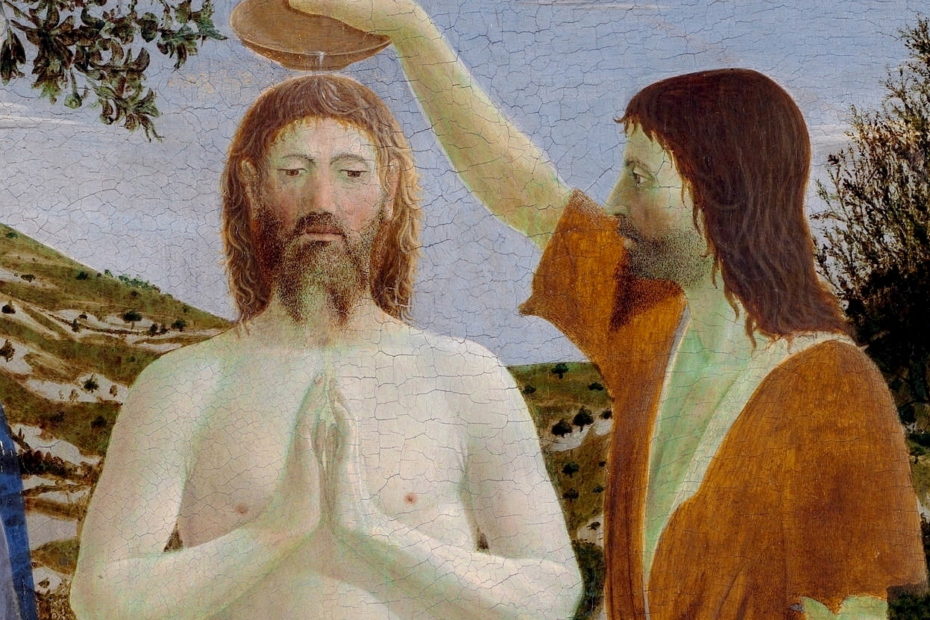Don’t think/write like a contemporary theologian – Part 1 – “grounded” blabber
 This is the start of a series where I give some unsolicited advice based on things that make me want to throw the book across the room when I’m reading recent theologians. I’ll avoid naming names, but will sometimes use actual quotes. I offer it in love, though I admit I’m pretty cranky about it all. If you’re a philosopher or theologian, these are a series of “don’ts” – things to avoid. If you are a reader of theology or philosophical theology, these are some things to watch out for. If you detect a high density of them in what you’re reading, you may well be wasting your time in that book.
This is the start of a series where I give some unsolicited advice based on things that make me want to throw the book across the room when I’m reading recent theologians. I’ll avoid naming names, but will sometimes use actual quotes. I offer it in love, though I admit I’m pretty cranky about it all. If you’re a philosopher or theologian, these are a series of “don’ts” – things to avoid. If you are a reader of theology or philosophical theology, these are some things to watch out for. If you detect a high density of them in what you’re reading, you may well be wasting your time in that book.Memo my theologian friends: please, stop saying “grounded”.
Examples:
- The doctrine of the Trinity is thoroughly grounded in the Bible.
- The unity of the persons is grounded in their perichoresis.
- All of systematic theology is grounded in the doctrine of the Trinity.
- The threeness of God is grounded in salvation history.
Why? Because you are faking it when you say things like thisRead More »Don’t think/write like a contemporary theologian – Part 1 – “grounded” blabber
